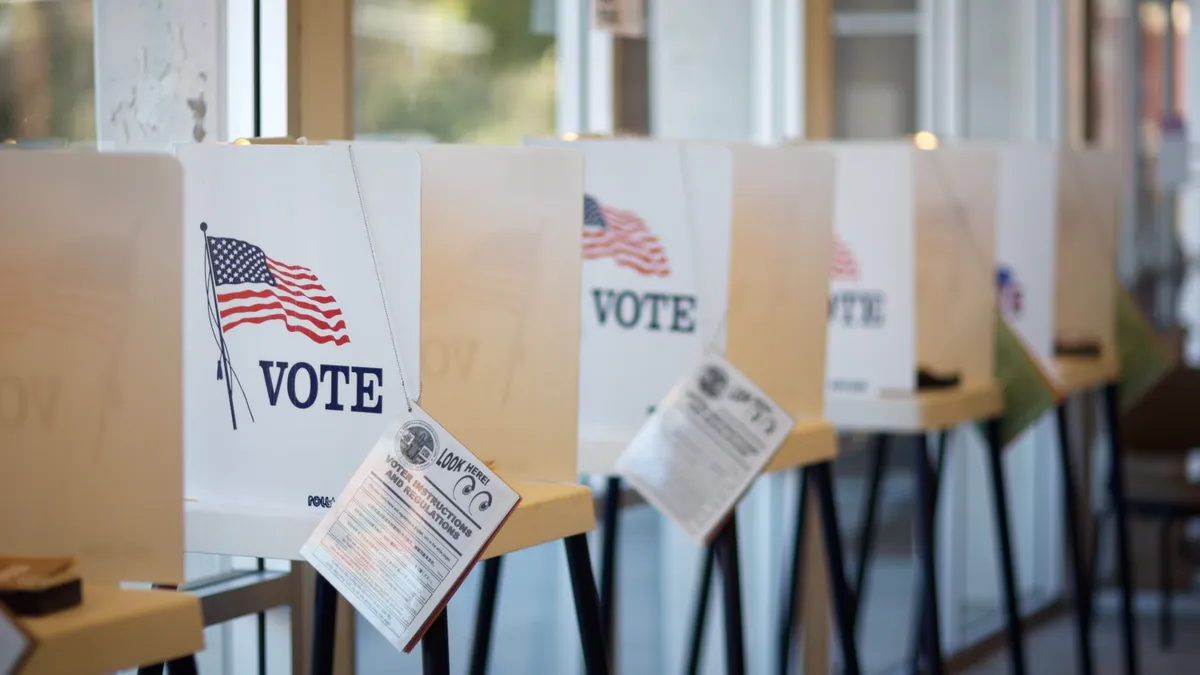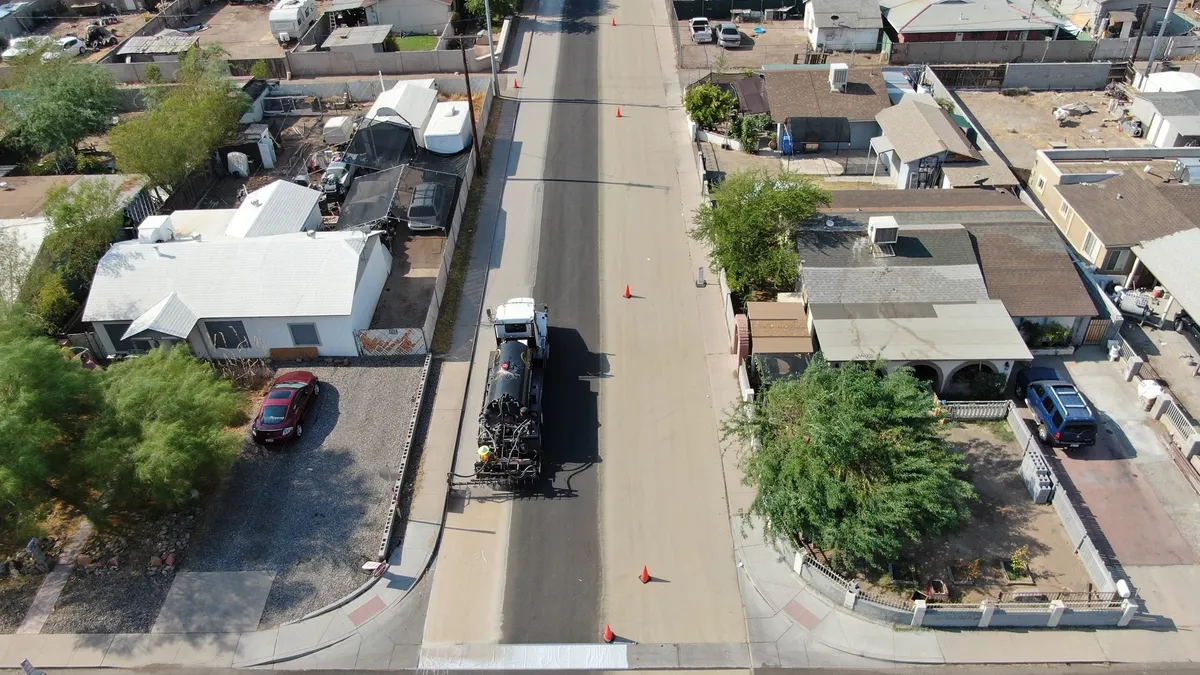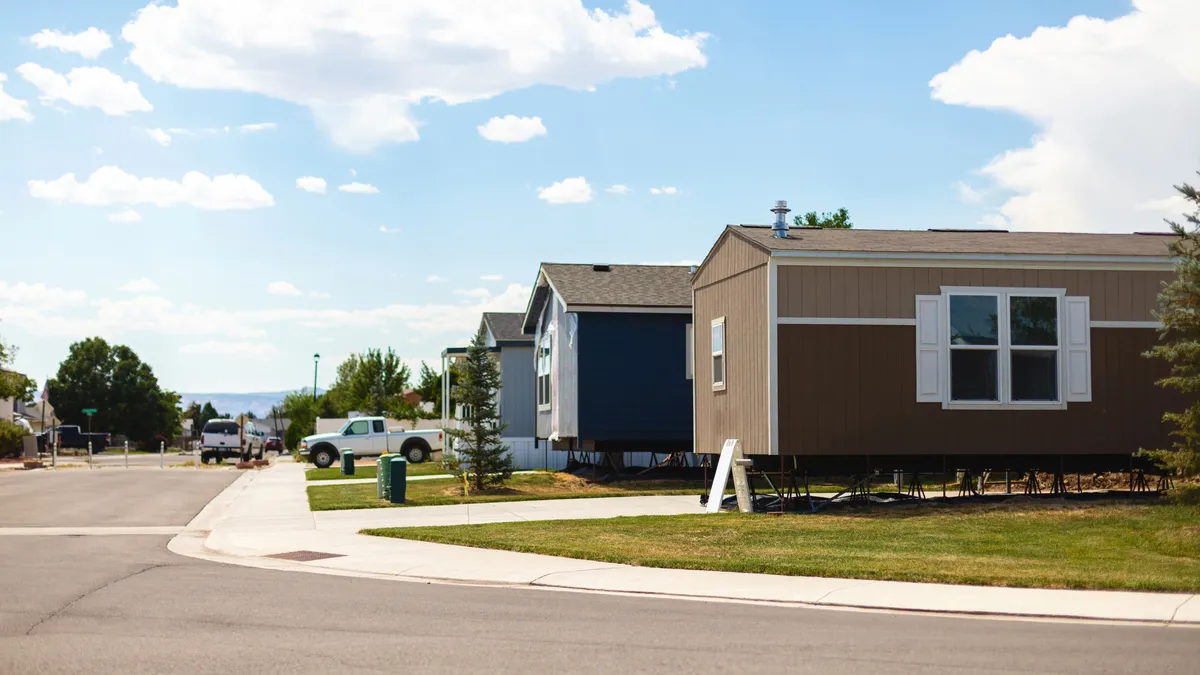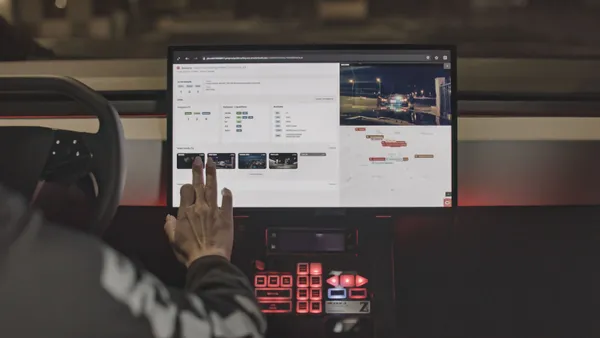Dive Brief:
- Washington, DC will partner with the social media app Nextdoor to spread information about the upcoming elections in an effort to improve voter turnout.
Today, nearly 95% of DC neighborhoods use Nextdoor to connect, communicate & be there for each other. Now, during this primary season, the DC Board of Elections will be using Nextdoor to communicate directly with residents about pressing election details. @Vote4DC #NextdoorGov
— Nextdoor (@Nextdoor) May 24, 2018
- DC Board of Elections (BOE) Chair Michael Bennett said at a news conference the app could be used to inform citizens what measures are on the ballot, changes to voter registration and other information that could motivate voters to go to the polls.
- "We are really the tip of the spear of American democracy," Bennett said, according to StateScoop, "and if through this app we can provide information that gets people to the voting booths, then that's incredible."
Dive Insight:
In the 2016 presidential election, only 65% of DC's registered voters turned out to the polls (nationally, that figure was about 55%). The goal is that Nextdoor, a private social media service for neighborhoods, can provide additional essential information to equip potential voters to make it to the polls. Nextdoor has been used by more than 3,000 public agencies to send information directly to residents, on everything from emergency notifications to public meeting schedules, but this is the first partnership directly geared towards elections.
Nextdoor hopes to solve an information gap around elections that city officials say may be blunting turnout, such as residents not knowing which polling place to go to, or when to register to get a ballot. It is especially a problem in midterm elections, where turnout is especially lower despite local-level issues and races at the forefront.
Many public initiatives have focused on other potential barriers, such as election timing or ballot availability. In New York City, the group Make The Road Action focused on canvassing campaigns that paired volunteers with neighborhoods they would be familiar with to help drive turnout, as profiled by Next City. An analysis by Portland State University professors identified voter registration and ballot delivery as two major problems driving turnout; they say Oregon’s vote at home system, which delivers ballots to residents weeks before the election, has helped increase engagement.










